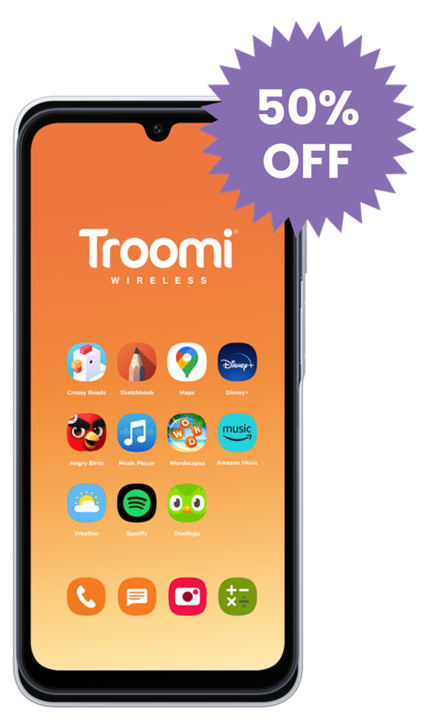Here’s a question you might have not thought about before: do video games lead to gambling? Unfortunately they might, and here’s why:
Online gambling is a very real risk for our kids, and it’s even snuck into the games they play that appear to be completely free from gambling. Gambling in video games is often characterized by loot boxes.
Let’s take a look at what loot boxes are, how they encourage kids into a gambling mindset, and how you can keep your child safe.
What are loot boxes?
Loot boxes are a virtual “box” containing randomized in-game prizes, usually cosmetic changes to characters or other rewards depending on the game in question. They are desirable to kids because they have a chance to get something rare.
Some games rely so heavily on these Micro-transactions (purchase of virtual items for small amounts of money) they are now referred to as “pay to win” because the players benefit so much from these random rewards they have advantages over everyone else playing. While some games have them as only optional cosmetic changes that don’t affect gameplay, there are some that the game is broken without them.
They are so lucrative in fact, many top games your child will play all have loot box rewards that can be purchased. Games like Overwatch, PlayerUnknown’s Battlegrounds, Destiny 2, Rocket League, Star Wars Battlefront II, FIFA, Forza Motorsport, Apex Legends, League of Legends, Team Fortress 2, and more contain these loot boxes.
How are loot boxes gambling?
The loot boxes allow players to pay for a virtual, in game item, with virtual money. But how do you get this virtual money? Most of the time, you pay with real money. In a study done by GHA (Gambling Health Alliance), over 1 in 10 young gamers get into debt by buying loot boxes. You read that right. 1 in 10 kids and teens who play games are going into debt because of a game mechanic.
It’s important to know that in-game purchases require a currency exchange. Most in-game purchases can’t be made with real money directly and instead require a special, game style currency. For example, Fortnite uses what are called V-bucks. A quick google search reveals the exchange rate, but the exchange only goes one way. No refunds. When your child uses these virtual currencies, it’s easy for them to lose track of how much real money they are actually spending.
They can’t see the items they are spending the money on. Everything is random and the odds aren’t public. This has become such a problem that the Director of Fortnite moved to make his game more transparent with how the rewards and virtual purchases work back in 2019.
The Danger
That doesn’t mean everyone making these games are on board. In 2020, EA (a large game studio) was sued by two Parisian lawyers who argued that FIFA’s lootbox mechanic functioned the same as a casino and were practically gambling.
This danger was also noted by the Gambling Health Alliance in their 2020 survey.
“Aside from the financial cost, our latest survey with gamers suggests that fixation with loot boxes can lead to classic symptoms of addiction including mood swings, problems sleeping, and impacting on their social life.”
-Duncan Stephenson, Chair of GHA and Deputy Chief Executive of RSPH
Those addiction risks are very real, but the financial risks can last for your child’s entire life and even affect your own financial security. GHA found that 1 in ten gamers also used their parent’s credit or debit card, or even borrowed money from friends or family. 15% even took money without permission. In an extreme case, three gamers surveyed were found to have spent so much, their families were forced to remortgage their homes to pay debts.
What You Can Do
So, do video games lead to gambling? The short answer is possibly, but minor purchases on games—even for aesthetic reasons—are okay. Just make sure kids are safe when participating in their hobbies. If you’re concerned they may be developing an addiction or concerned about the possibility, there are steps outlined by preventionlane.org that we’ve tailored more specifically for this situation.
Get involved in what your children are doing. Learn about the games they play and whether or not they have loot box mechanics. Talk with them about the risks of a gambling addiction and the realistic odds of gambling.
If you feel comfortable with them buying digital rewards after reviewing them, set clear rules on purchases. Don’t allow the card information to be saved on the system.
Monitor what they are doing and for how long. An occasional loot box won’t put them at risk of a gambling addiction, but make sure to stay involved and informed on what they are doing. If you have concerns, the national problem gambling helpline can help.
Troomi believes that keeping kids safe starts with the devices we put in their hands first. Troomi phones are designed to keep kids safe from random apps and downloads. Troomi phones incrementally increase functionality with your kids maturity. Teach them the skills they need and do it with Troomi.


